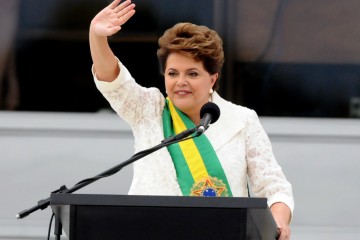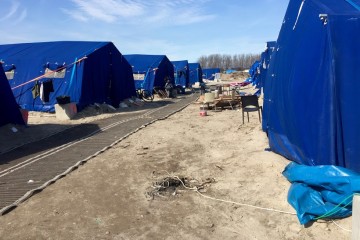
How can al-Qaeda in the Arabian Peninsula be defeated?
Al-Qaeda in the Arabian Peninsula (AQAP) went “on the run” two weeks ago as UAE-supported military forces closed in on the city of Mukalla, AQAP’s de facto capital in eastern Yemen. Saudi state media celebrated a mass annihilation of fleeing AQAP fighters. In reality, the evidence from the ground was more complex. According to my sources in and around the city — borne out by other reporting — AQAP conducted a tactical withdrawal following negotiations with local intermediaries. It remains a coherent organization. This “liberation” of Mukalla from al-Qaeda rule raises awkward questions. First, how was AQAP able to facilitate a graceful exit, such that it …































